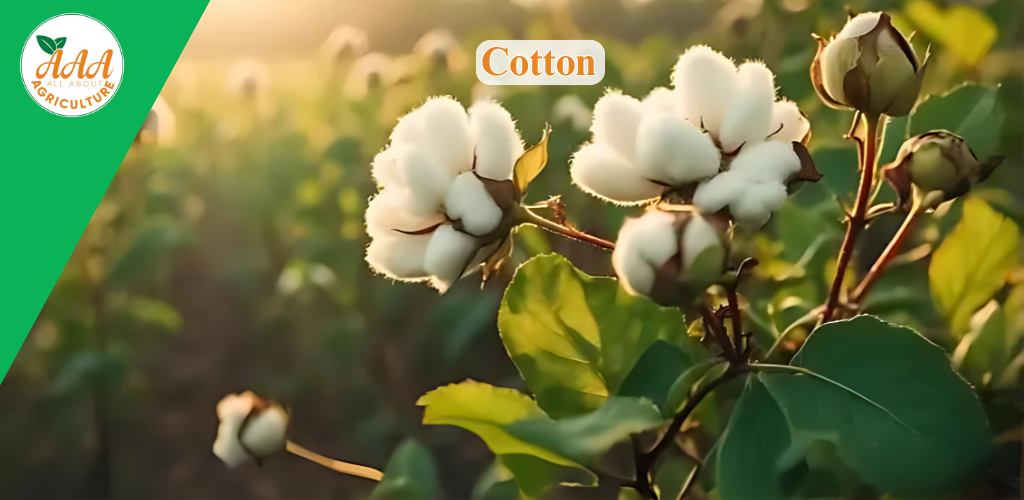Cotton Seed Production Technology
Cotton Seed Production Technology

Cotton (Gossypium spp.) is a high-value cash crop with strong demand in the textile and oil industries. With scientific seed production techniques and modern agricultural practices, farmers can ensure higher seed purity, improved germination rates, and increased profits.
Key Steps for Profitable Cotton Seed Production
Ideal Climate & Soil Conditions
Temperature: 25-35°C – Requires warm temperatures and ample sunshine
Soil Type: Well-drained deep loamy or clay loam soil (pH 6.0-7.5)
Water Requirement: Moderate irrigation, crucial at flowering & boll formation stages
High-Yielding Cotton Seed Varieties
Popular hybrids: RCH 134, NCS 145, Ankur 651, Bunny Bt
High-fiber quality types: JK 1947, BG II, H 8 – Ideal for textile industries
Disease-resistant varieties: RCH 779, Suraj – Suitable for pest-prone regions
Smart Sowing & Seed Treatment
Seed rate: 2-4 kg/ha for hybrid cotton, 8-10 kg/ha for conventional varieties
Best sowing time:
- Kharif (Rainy season): May-June
- Rabi (Winter season, irrigated areas): October-November
Seed treatment: Treat with Pseudomonas & Trichoderma for disease resistance and better root growth
Nutrient & Water Management
Balanced fertilization:
- Nitrogen (N): 80-100 kg/ha
- Phosphorus (P): 40-50 kg/ha
- Potassium (K): 40-60 kg/ha
Irrigation schedule: Essential at flowering, boll formation, and boll opening stages
Weed, Pest & Disease Control
Weed management: Use Pendimethalin (pre-emergence herbicide) for effective weed control
Common pests: Bollworm, whitefly, aphids – Managed using Bt cotton varieties & IPM (Integrated Pest Management) techniques
Disease control: Wilt, Alternaria leaf spot, bacterial blight – Prevent with resistant varieties & fungicides
Seed Production & Harvesting Techniques
Seed Isolation: Maintain 500m isolation distance to prevent genetic contamination
Roguing: Remove off-type plants regularly to maintain genetic purity
Harvesting: Pick when bolls are fully mature & fluffy white fibers appear
Seed Processing: Proper drying, cleaning, and storage ensure higher germination & better market value
Average seed yield: 1.2-2.0 tons per hectare.